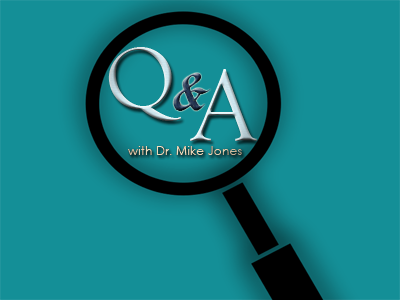Christianity And Eastern Religion: What Sets Them Apart?
(Part Two)
Q: Now that we know how Islam differs from Christianity, what about the so-called Eastern Religions?
A: That’s another good question!
David Barrett, who is a Senior Editor of “the World Christian Encyclopedia” reported that there are 19 major world religions.
The research stated that in 2015, about 70 percent of adults here in the United States and in Canada, identify themselves as Christians. However, once the phrase ‘Born Again’ is added to the equation, then ONLY about 35 percent of Americans would be counted as Christians.
Several major religions have their roots in the East: India, China, Southeast Asia, and Japan. A number of ‘Eastern Religions’ teach that the source of Salvation is found within oneself, and the basic human problem is not SIN against a Holy God, but ignorance of our true condition. Hinduism teaches that God is impersonal, an eternal force, having none of the attributes/characteristics of a human, such as knowledge, thinking, love, etc. And yet, they have three supreme gods: (1) Brahma – the creator, (2) Vishnu – the preserver, and (3) Siva – the destroyer. [Christianity has God the Father, God the Son, and God the Holy Spirit – our triune God, which is three persons in one entity.]
Hinduism has two non-negotiable beliefs: Karma and reincarnation. It is said that no Hindu will trade these away. Buddhism teaches that the ‘SELF’ as we understand it does not exist, and the key to ending all suffering is to remove all desire. Naturalism teaches that anything supernatural is outside the realm of evidence and purely an opinion, not a matter of fact.
In conclusion: the Bible clearly states that even though our God is a Spirit (John 4:24), He possesses the characteristics of a living being – He has life (John 5:26), He’s loving (John 3:16), He’s all knowing (Matthew 6:8), He’s all seeing (Matthew 6:4), He’s God the creator of all things, and does not need a physical body to possess physical attributes. And if we only needed what Eastern Religions teach – the need for “A higher level of consciousness,” then, there would not have been a need for Holy God to send His only begotten Son Jesus (John 3:16) to die on the Cross for our sins.
Comments (1)
Sorry, the comment form is closed at this time.


Sarah Piner-Isom
Dr. Mike you are on it as always. It would be nice to change people’s beliefs..